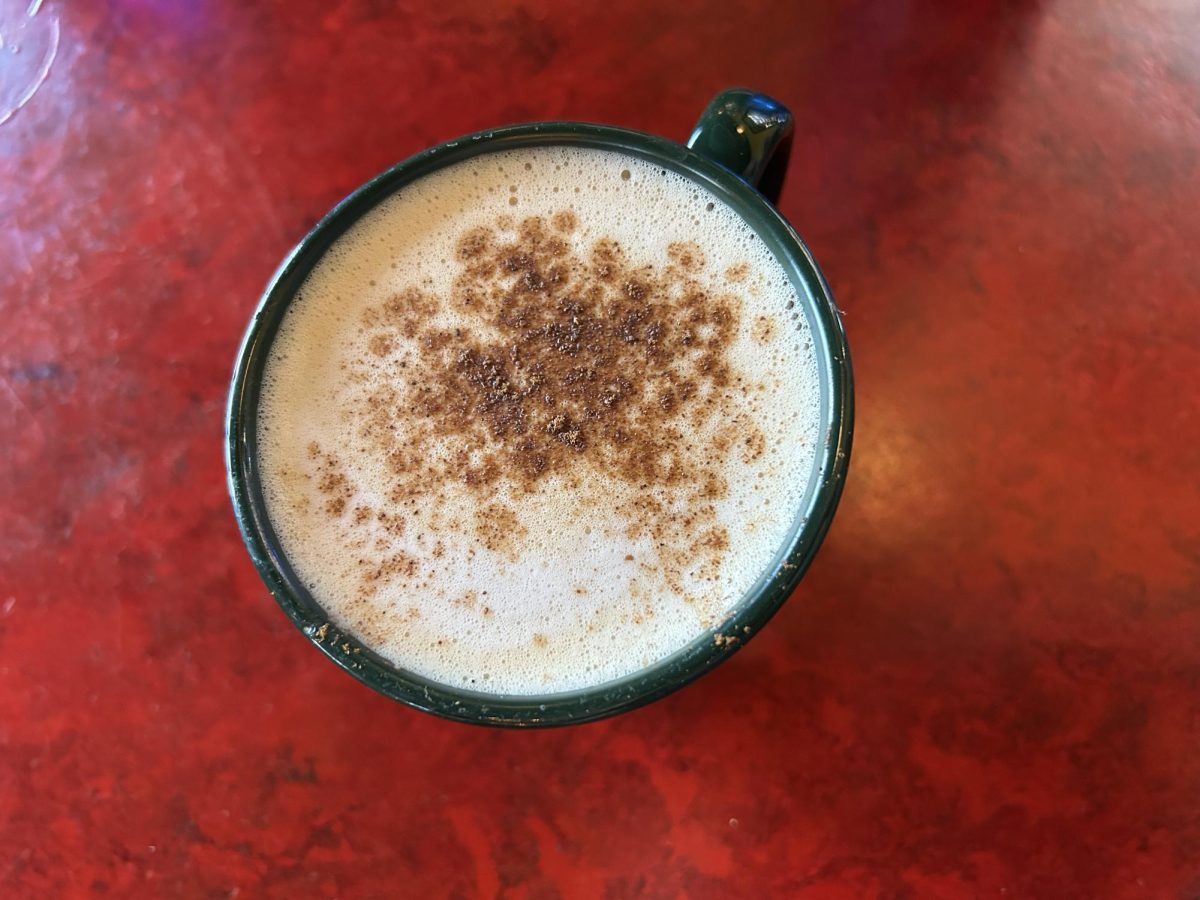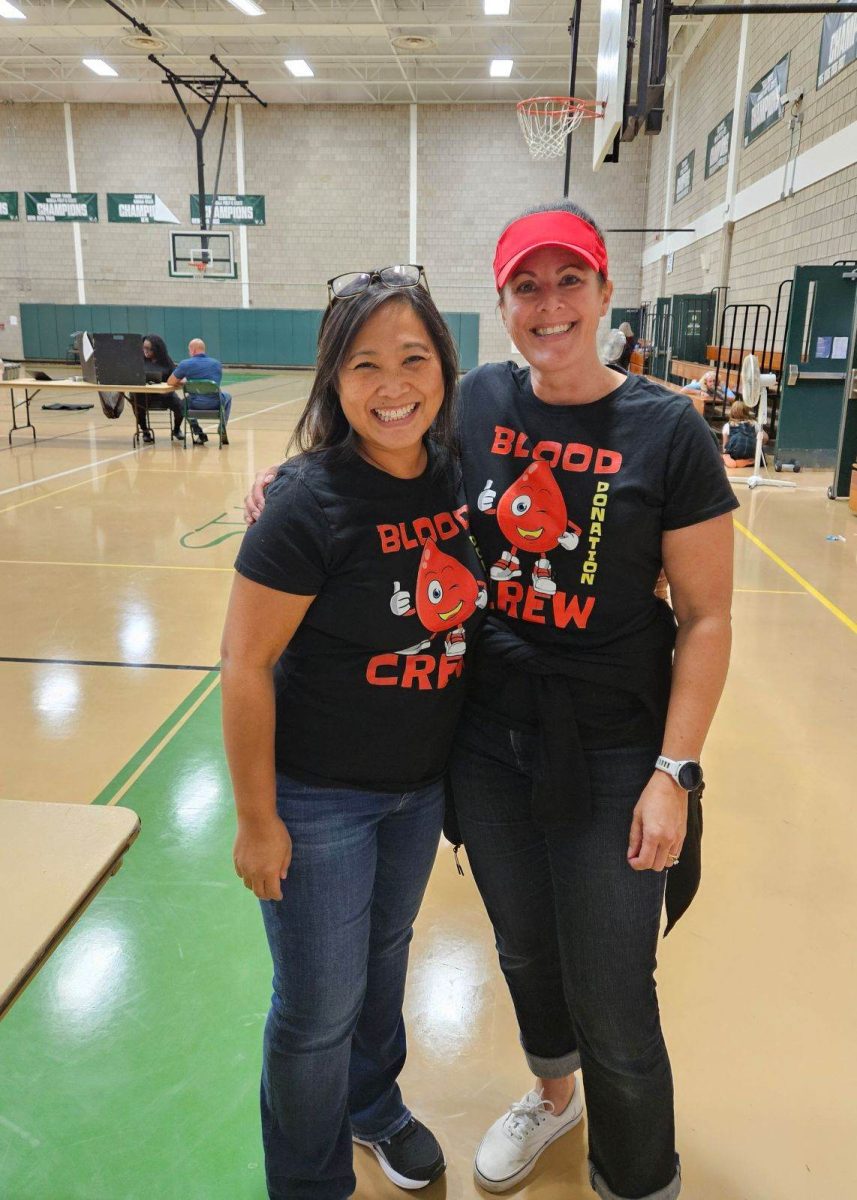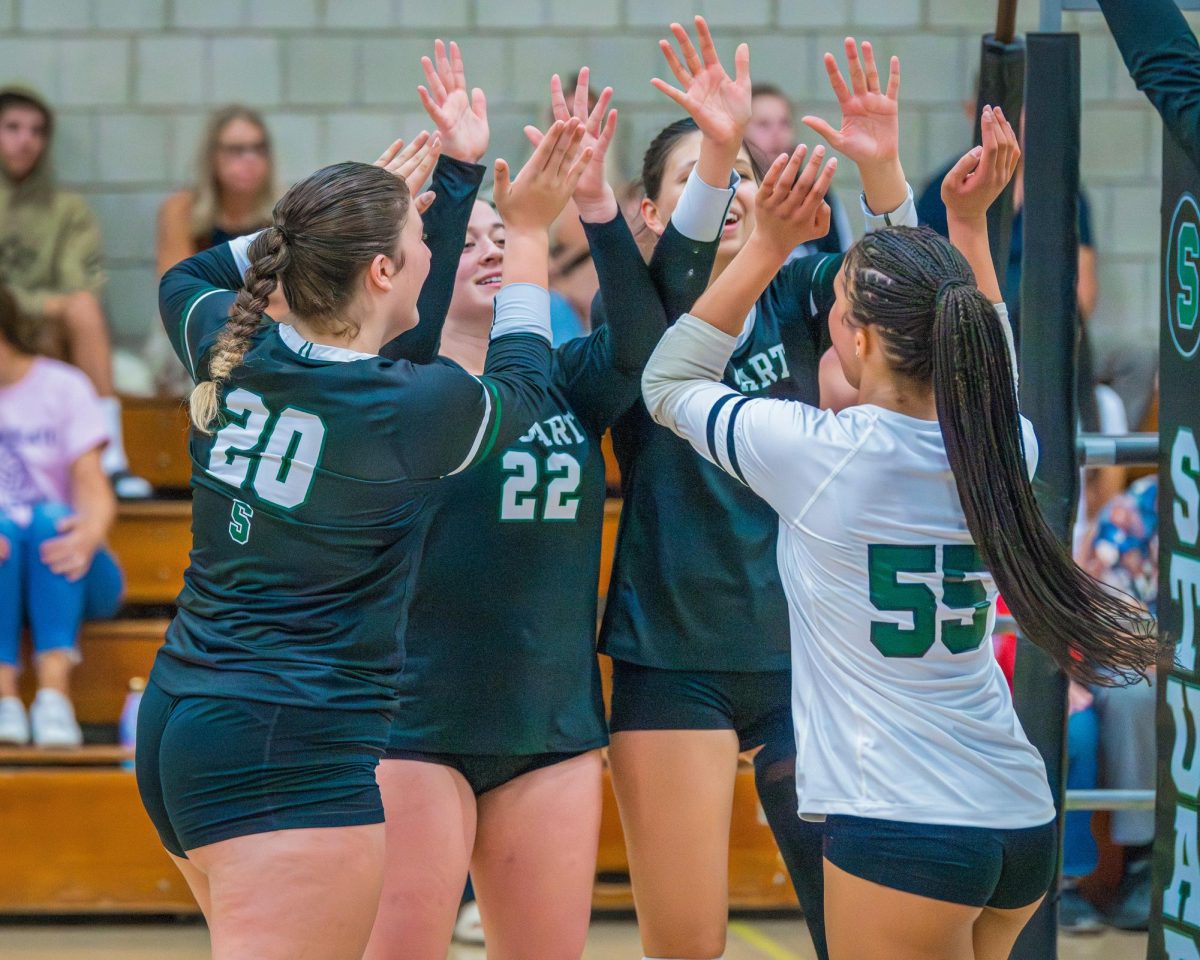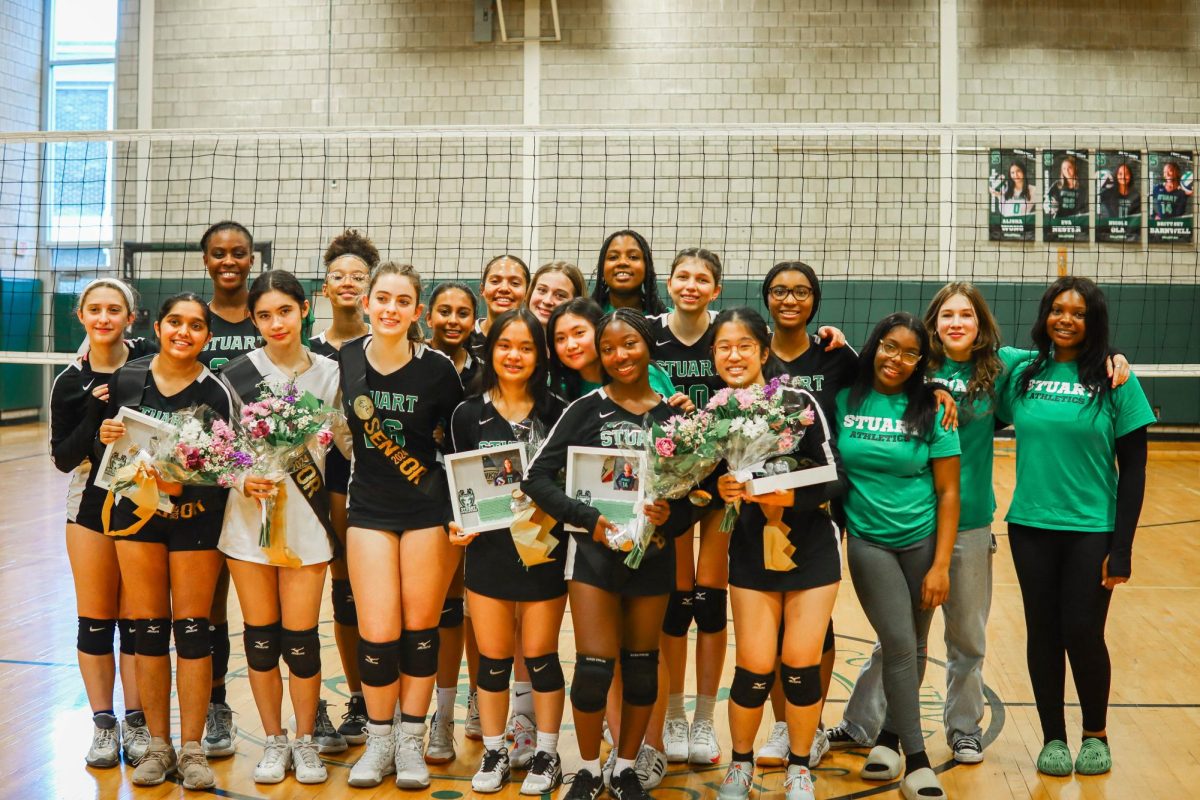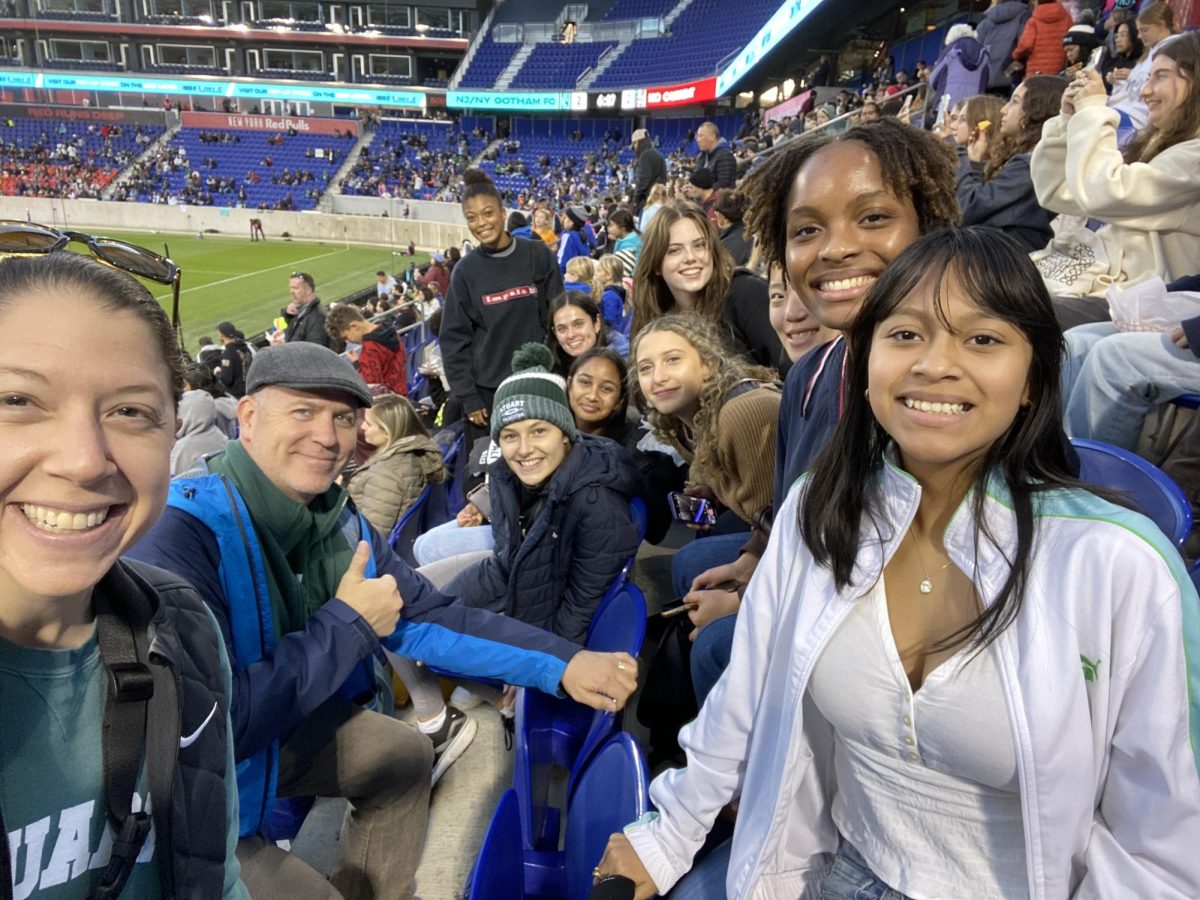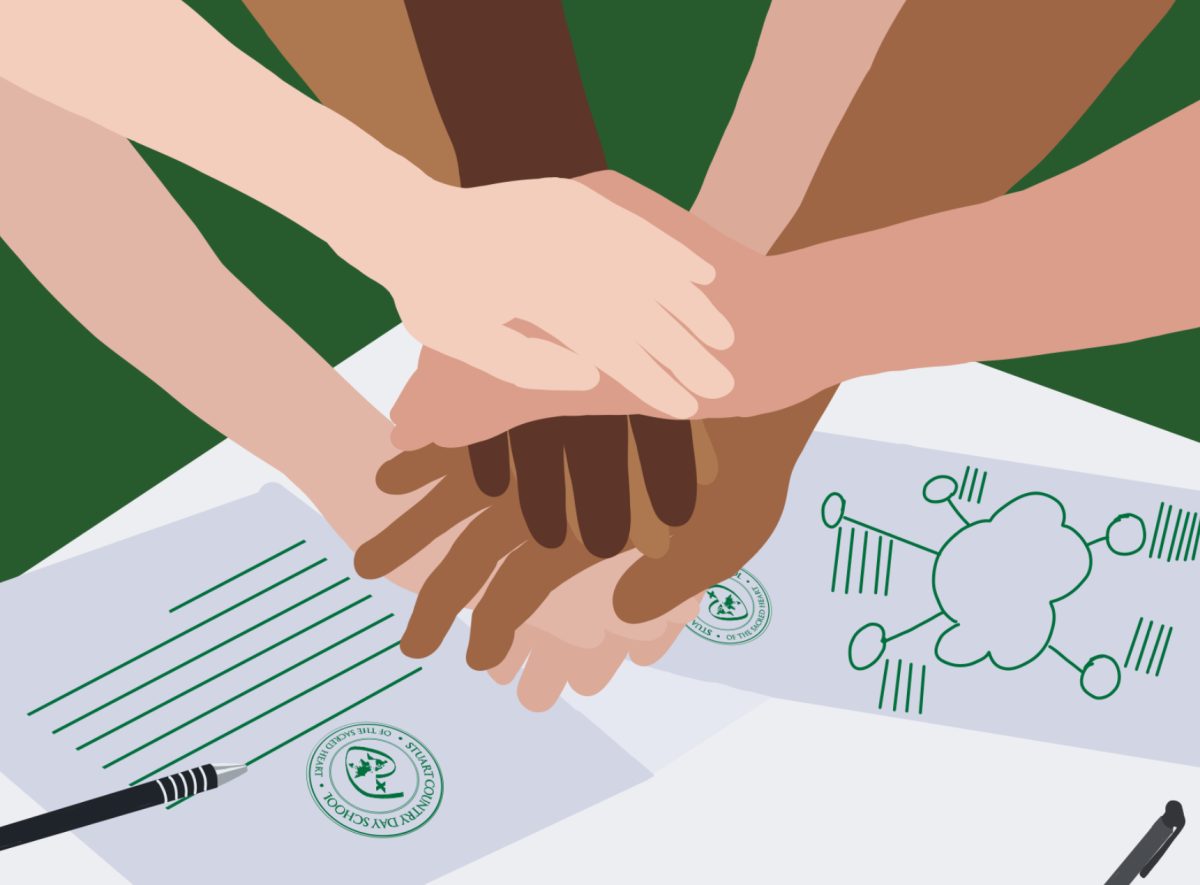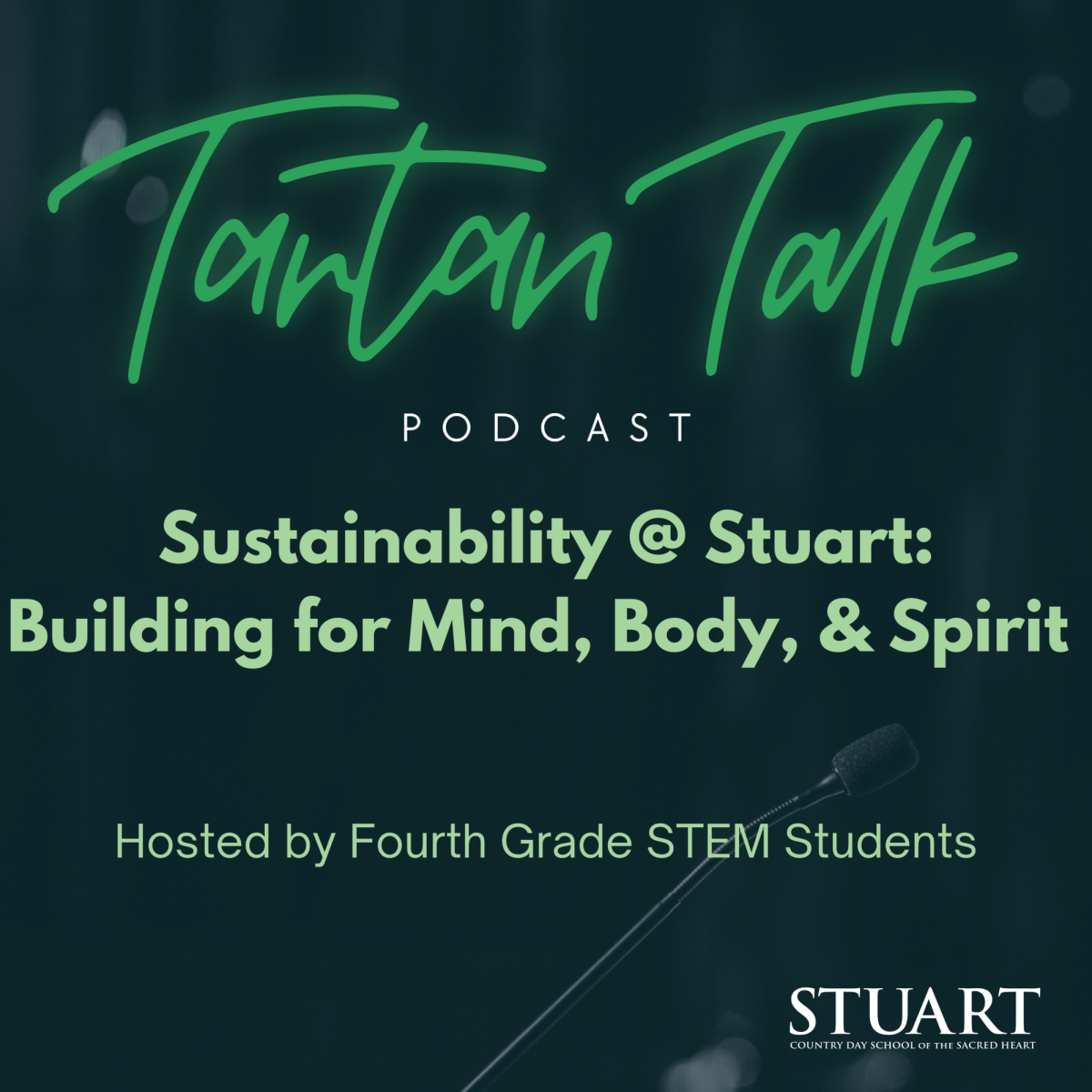Some might argue that at Stuart, we live in a bubble—a beautiful one—built on empowerment, sisterhood, and strength. Inside our green brick walls, we are always encouraged to use our voices, support one another, and be proud of who we are as women. Except beyond the bubble, the world doesn’t look the same.
Outside our walls, conversations about mental health can often fade, only resurfacing when something heartbreaking happens. This is especially true for people who aren’t usually seen as vulnerable, like men, athletes, and people of color. These voices exist, but they aren’t heard nearly enough.
The Silent Struggle of Athletes
We often hear the phrase, “Exercise improves mental health.” While this is true for many, there’s another side that rarely gets mentioned. For countless athletes, movement isn’t just about mindfulness, but performance, pressure, and meeting both self-inflicted and external expectations.
Sports often become a mask. Behind the wins, discipline, and validation, there is exhaustion, anxiety, and depression that sneak along. In a society that values physical strength and mental toughness, athletes are rarely asked how they are actually doing. They are expected to be strong, and unbreakable. Except this silence has consequences.
Recently two young Black athletes Todric McGee and Kyren Lacy, tragically took their own lives. McGee, a 21-year-old football player at Missouri State, was known for his hard work and contagious energy. He was on his way to his fifth season when he died in April 2025, showing how even the brightest faces can hide struggles. Days later, Kyren Lacy, a 24-year-old wide receiver from LSU also took his life. After a car accident last year, he faced legal and personal pressure. On April 12, 2025, just before a grand jury hearing, he passed only days later being declared not guilty. Last but not least, Simone Biles, a well-recognized gymnast made news at the 2021 Tokyo Olympics where she stepped away from competing to prioritize her mental health. Her decision showed that taking a break is a sign of strength, not weakness.
Keep in mind that these are just three stories out of millions. Stories that show mental health affects everyone, no matter how strong or successful they seem. In sports especially, where over 35% of elite athletes face depression, anxiety, and eating disorders, yet many suffer in silence.
Breaking the Silence
Mental health doesn’t discriminate and that’s the sad truth. It affects everyone from men to athletes where stigma still runs deep. The claim that showing emotion is a sign of weakness isn’t just outdated, it’s harmful. Mental health is not a flaw; it’s part of being human. Creating spaces where people feel seen, heard is so important. When we speak up and truly listen, we break the silence and change the conversation.
Moving Forward
As we enter Mental Health Awareness Month, take time to look within, beyond appearances, beyond assumptions, and recognize the unseen struggles many carry. In this process, remember to care for yourself too. At Stuart, we are called to extend empathy beyond our walls, working toward a world that reflects the support we strive to create within our bubble.
Change starts small. Every voice matters.
It’s time we listen.



